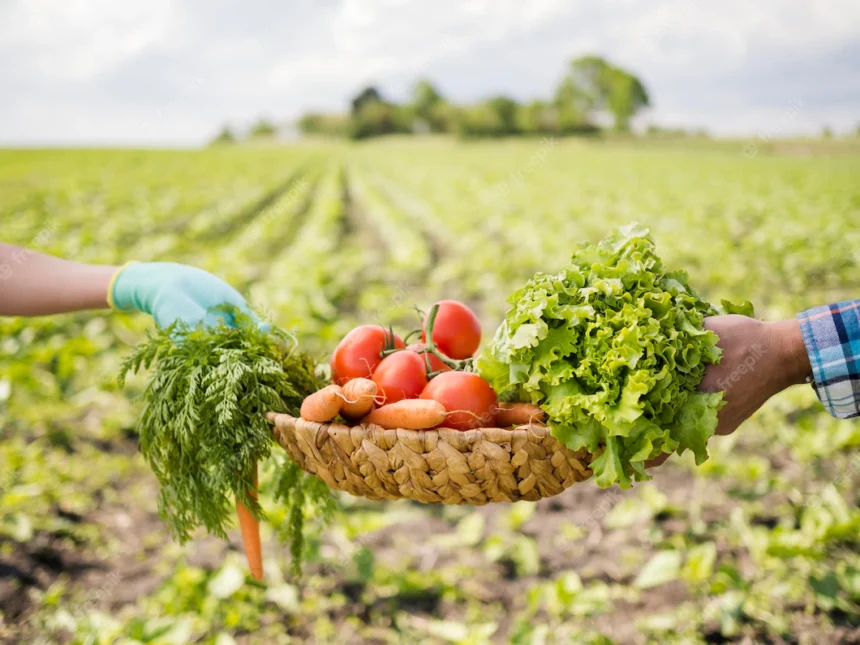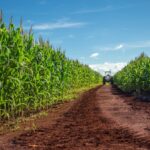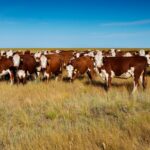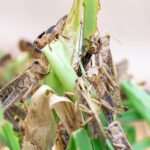To navigate the certification process for organic farming in South Africa, you will need to follow certain steps and guidelines. Here’s a general overview of the process:
- Understand the Organic Standards: Familiarize yourself with the organic farming standards and regulations set by the South African Organic Sector Organization (SAOSO). These standards are based on internationally recognized principles and requirements.
- Develop an Organic Farming Plan: Create a detailed plan outlining your organic farming practices. This plan should demonstrate your commitment to organic methods, including soil fertility management, pest and disease control, crop rotation, and the non-use of synthetic fertilizers, pesticides, and genetically modified organisms (GMOs).
- Select a Certification Body: Contact a recognized certification body accredited by SAOSO. Examples of certification bodies in South Africa include SGS, Ecocert, and Control Union Certifications. Choose one that suits your needs and objectives.
- Pre-Assessment: Request a pre-assessment from the certification body. This assessment will help identify any areas where your farming practices may not meet the organic standards. It provides an opportunity to make necessary adjustments before the official certification process begins.
- Application and Documentation: Submit an application to the certification body along with the required documentation. This may include your organic farming plan, field maps, records of inputs used, pest and disease management strategies, and other relevant information.
- On-Site Inspection: The certification body will conduct an on-site inspection of your farm to verify compliance with organic standards. The inspector will assess your farming practices, review records, and may take samples for testing.
- Certification Decision: Based on the inspection findings and document review, the certification body will make a certification decision. If your farm meets the requirements, you will be granted organic certification.
- Certification Renewal: Organic certification is typically valid for a specific period, usually one year. You will need to undergo annual inspections and provide updated documentation to maintain your organic certification.
It’s important to note that the process may vary slightly depending on the certification body you choose and any additional regional or local requirements. Therefore, contacting a specific certification body early on in the process will help you understand their specific procedures and requirements.
Keep in mind that organic certification can be a complex process, but it provides credibility and market access for your organic products.
Join 'Farmers Mag' WhatsApp Channel
Get the latest Farming news and tips delivered straight to your WhatsApp
CLICK HERE TO JOIN






